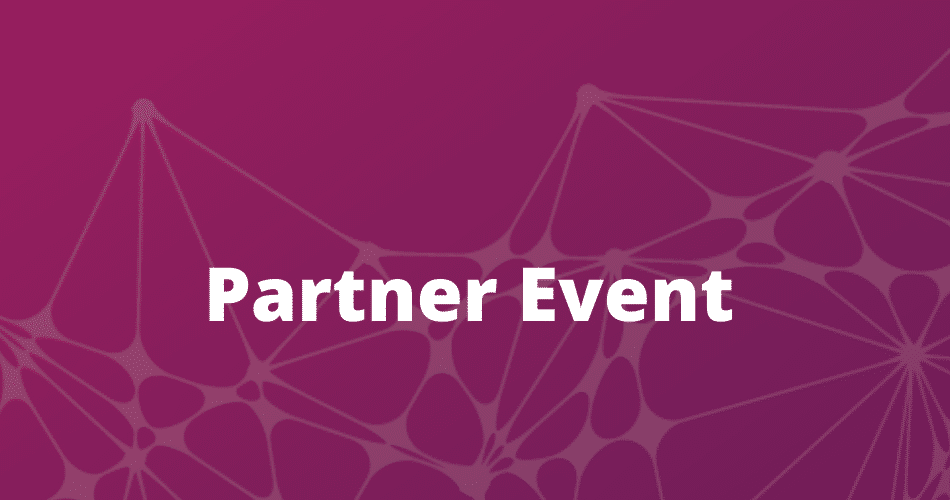

Rising Stars of Regenerative Engineering: Aches, Age, and Influenza: Regenerative Insights from a Pathway to Muscle Loss and Disability
Older adults have diminished immune responses that increase susceptibility to infectious diseases, such as influenza (flu). In older adults, flu infection can lead to hospitalization, catastrophic disability, and mortality. We previously demonstrated severe and prolonged muscle degradation and atrophy in aged mice during flu infection. Here, we utilized an unbiased transcriptomic analysis to elucidate mechanisms of flu-induced muscular declines in a mouse model. Our results showed age-related gene expression differences including downregulation of genes associated with muscle regeneration and organization and upregulation of genes associated with pro-inflammatory cytokines and migratory immune pathways in aged mice when compared to young. Pathway analysis revealed significant enrichment of leukocyte migration and T cell activation pathways in the aged muscle during infection. Intramuscular CD4 T cells increased in both young and aged mice during infection, while intramuscular CD8 T cells increased exclusively in aged muscle. CD4 T cells in young muscle were regulatory T cells (Treg), while those in aged were T follicular helper (Tfh) and Th2 cells. Correspondingly, IL-33, an important cytokine for Treg accumulation within tissue, increased only in young flu infected muscle. Conversely, CXCL10 (IP-10) increased only in aged muscle suggesting a continued recruitment of CD8 T cells into the aged muscle during flu infection. Overall, our findings elucidate a link between flu-induced disability and dysregulated intracellular T cell recruitment into flu injured muscle with aging. Furthermore, we uncovered potential pathways involved that can be targeted to develop preventative and therapeutic interventions to avert disability, encourage muscle regeneration and maintain independence following infection.
Trainee: Andreia Cadar
Mentor: Jenna M. Bartley, Ph.D., Assistant Professor
Center on Aging and Department of Immunology
University of Connecticut
Learn more about the webinar series and presenters.
FORMAT: Webinar presentation for 40 minutes by the trainee, followed by a 20-minute dialogue with the mentor, and concluding with 15 additional minutes for Q&A via chat from the audience. The events will be hosted and moderated by Dr. Gualberto Ruaño, Director of Special Projects at The Cato T. Laurencin Institute for Regenerative Engineering, University of Connecticut.
RISING STARS OF REGENERATIVE ENGINEERING: THE DYNAMIC OF STUDENTS AND RESEARCH MENTORS